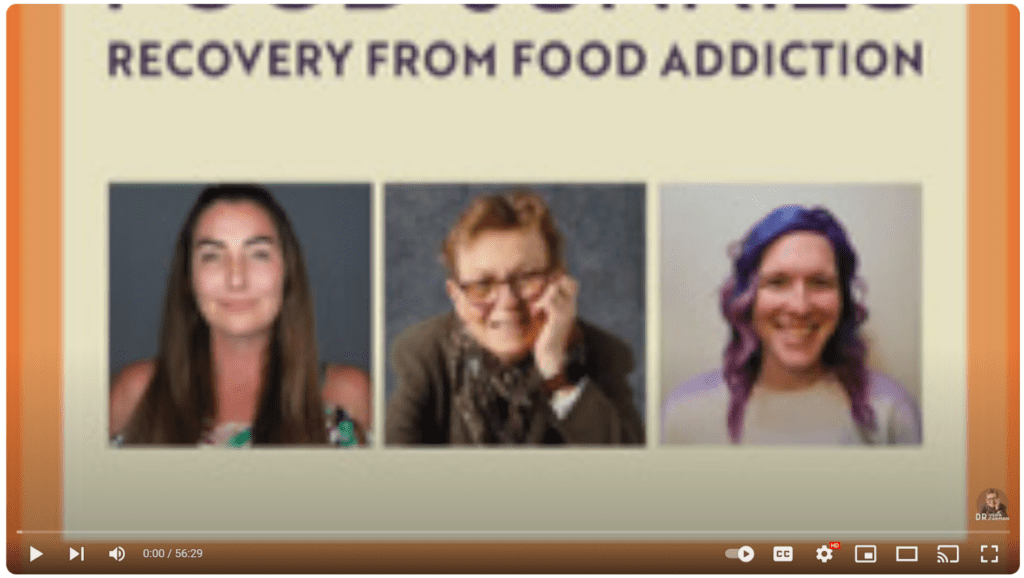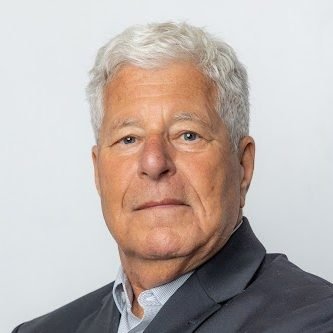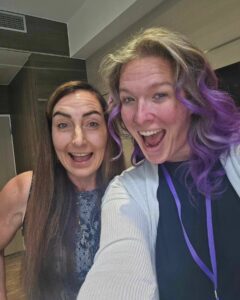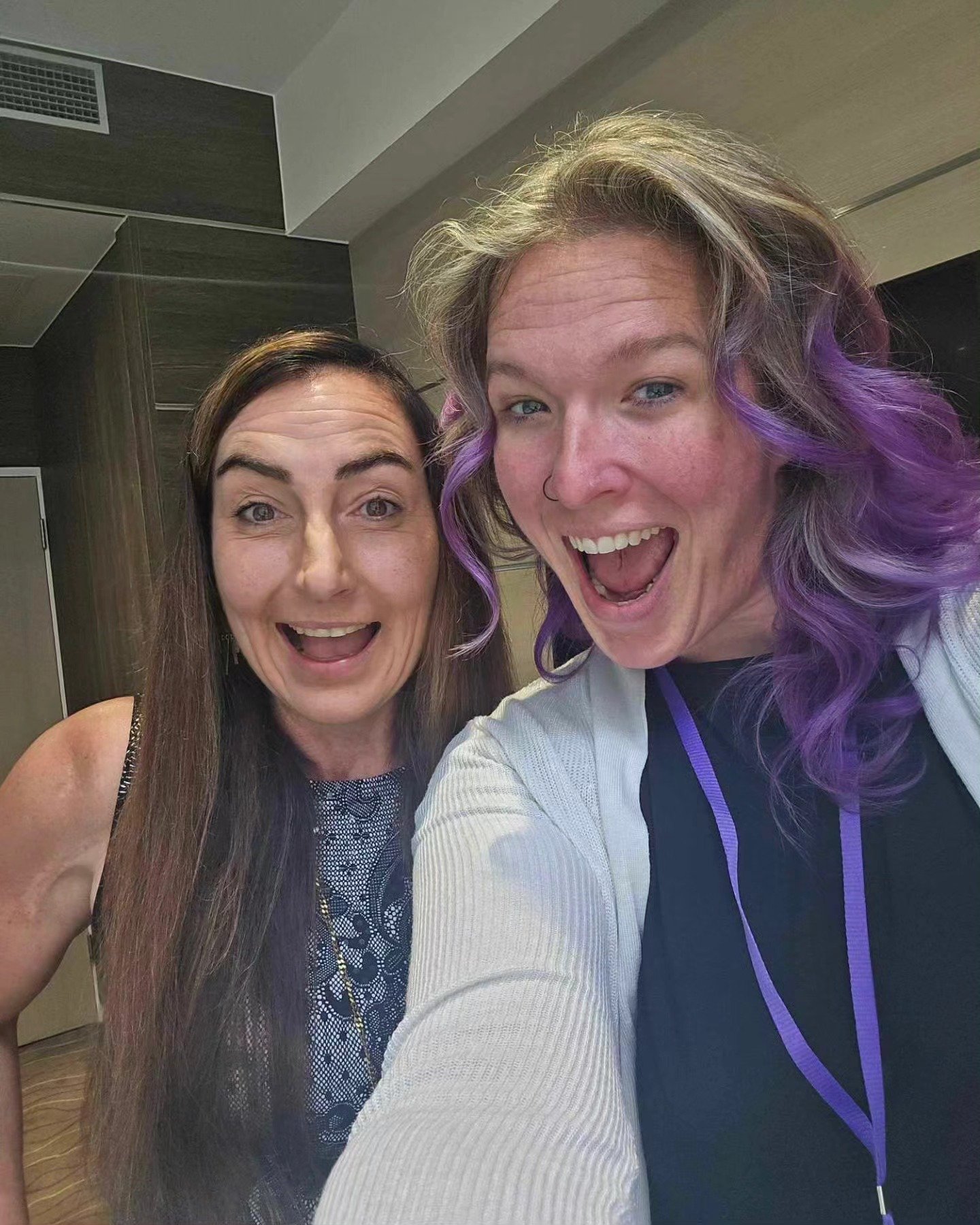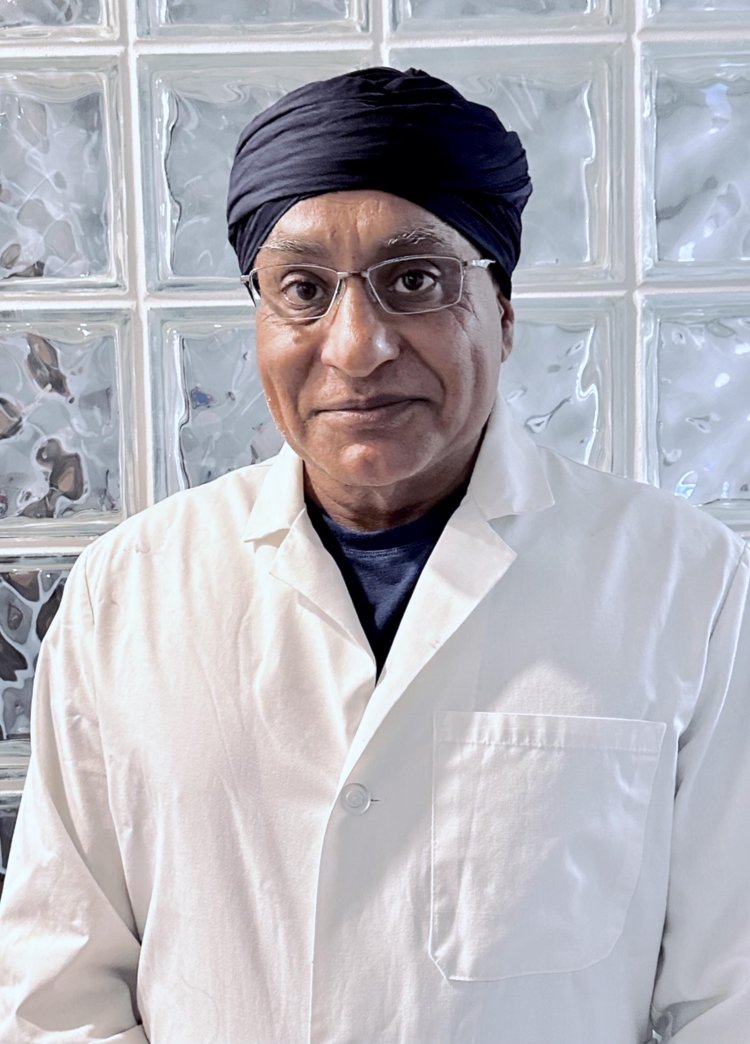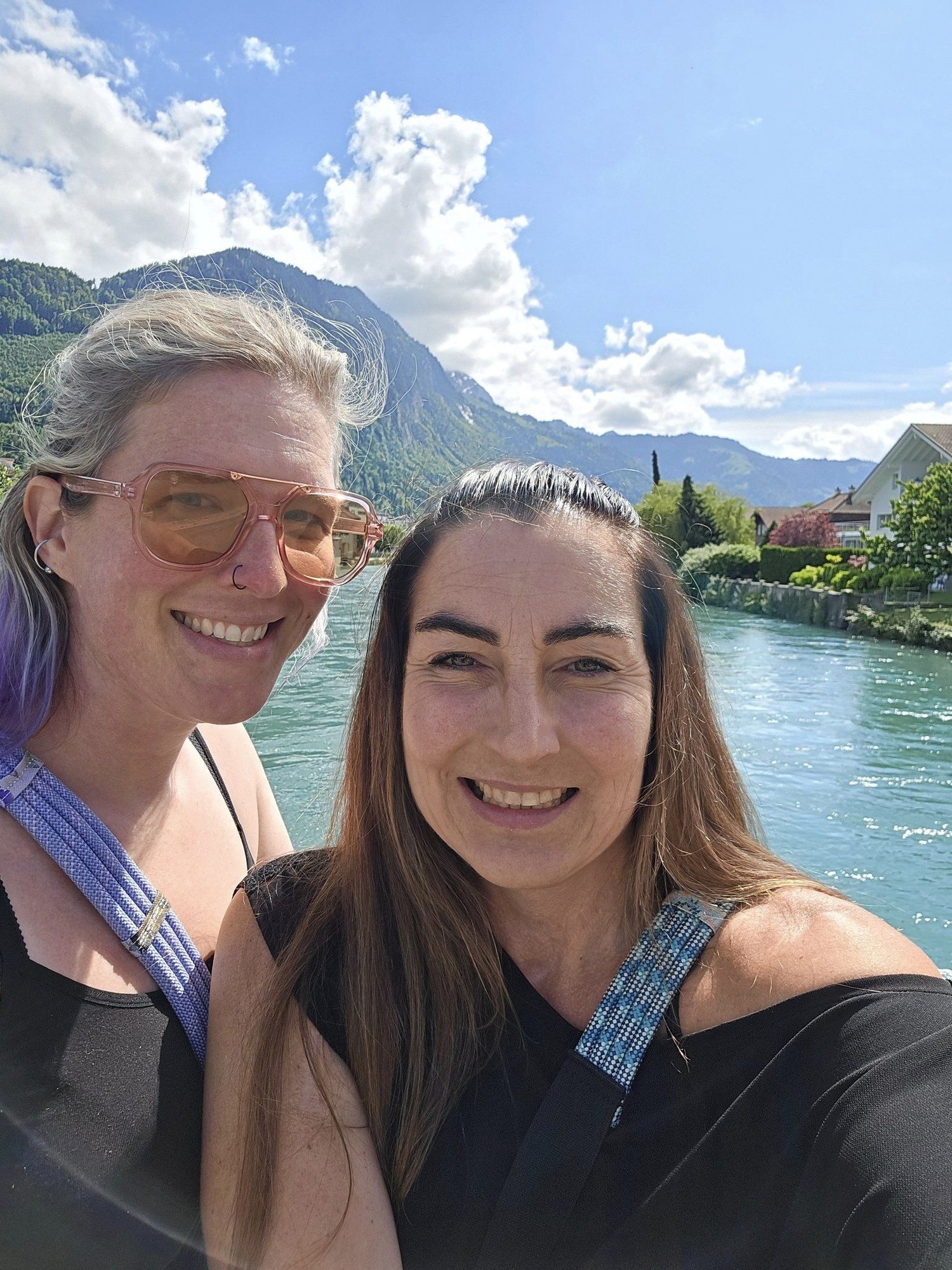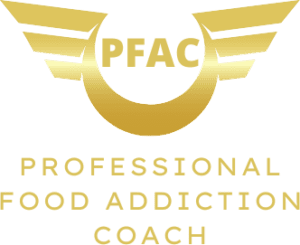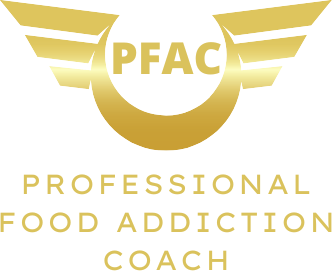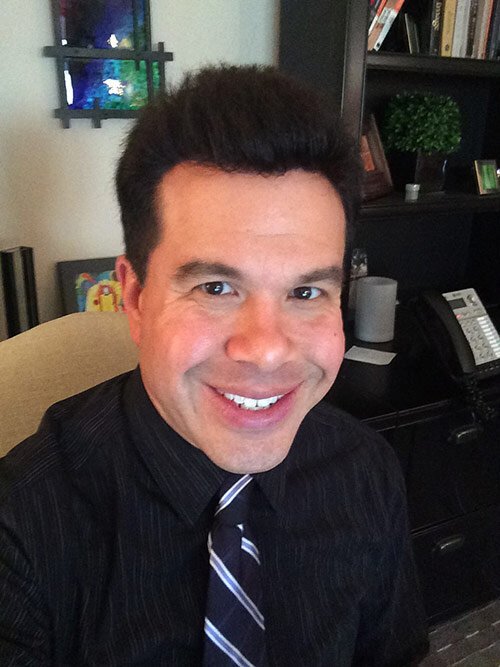
Dr. Kim Dennis returns to the Food Junkies Podcast to discuss the evolving understanding of Ultra-Processed Food Use Disorder (UPFUD) and its intersection with clinical psychiatry, eating disorders, trauma, and harm reduction approaches. With mounting research pointing to the undeniable effects of ultra-processed foods on mental and physical health, Dr. Dennis provides insight into how treatment for food use disorder and eating disorders can evolve to better serve patients.
She dives deep into the controversies within the eating disorder and addiction treatment fields, including:
- The impact of ultra-processed foods on mood disorders, anxiety, and overall health
- The role of trauma-informed care in addiction and eating disorder recovery
- How adaptive dietary restraint challenges the “all foods fit” model in traditional eating disorder treatment
- The three treatment approaches used in her clinic: treatment as usual, harm reduction, and abstinence-based recovery
- How clinicians can balance avoiding diet culture while addressing the reality of harmful food choices
Dr. Dennis also shares new research and emerging treatments, including the use of ketogenic meal plans for anorexia, and how individualized care can be the key to better long-term outcomes.
This episode is a must-listen for anyone interested in bridging the gap between eating disorder treatment and food addiction recovery while ensuring compassionate, science-backed, and trauma-informed care.
About Dr. Kim Dennis:
Dr. Kim Dennis is a board-certified psychiatrist, addiction specialist, and eating disorder expert. She is a fierce advocate for integrating food addiction into mainstream treatment and leads a clinic that treats eating disorders, substance use disorders, and mental health conditions holistically. With her lived experience in eating disorder and addiction recovery, she brings a unique and powerful perspective to the conversation.


